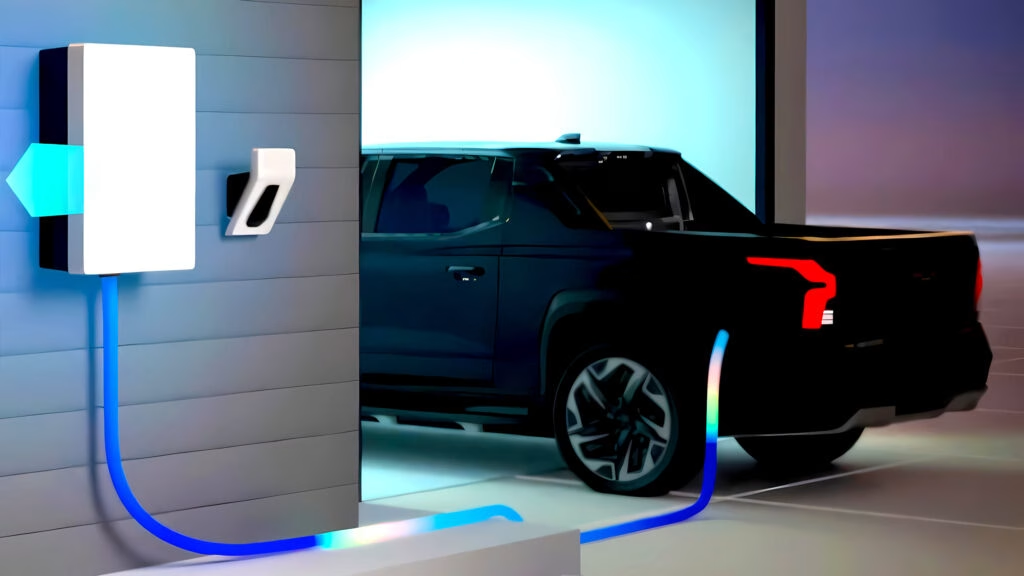Electric vehicles (EVs) are often celebrated for their environmental benefits and cost savings, but a recent power outage in Spain and Portugal has highlighted another unexpected advantage: the ability to keep homes powered during blackouts. While millions were left in the dark, some EV owners turned to their vehicles to maintain a semblance of normalcy, showcasing the innovative technology of vehicle-to-home (V2H) charging.
How Can EVs Power Your Home During Outages?
Imagine this: you’re in the middle of a power cut, and your fridge is starting to warm up, your Wi-Fi is down, and you’re left wondering how long it will last. For those with EVs equipped with V2H capabilities, the situation can be quite different. These vehicles can channel their stored energy back into a home’s electrical system, essentially acting as a backup generator.
During the recent outage, several EV owners in Spain took to social media to share how they were using their car batteries to power essential appliances. Models like the Hyundai Ioniq 5 are designed with this functionality, allowing users to tap into their car’s energy reserves. According to the Energy and Climate Intelligence Unit (ECIU), a typical EV with a 71 kWh battery could potentially power a home for nearly six days using just 60% of its charge. That’s a game-changer for anyone who’s ever faced the frustration of a blackout.
Why This Matters More Than You Think
Power outages can be more than just inconvenient; they can pose serious risks, especially for vulnerable populations. For instance, during a prolonged outage, my elderly father-in-law suffered a severe injury due to an accident with a candle. This personal experience underscores the importance of having reliable power sources during emergencies. If he had owned an EV with V2H capabilities, he might have avoided such a dangerous situation altogether, provided he remembered to charge it beforehand.
The ECIU’s Colin Walker emphasizes that EVs not only help reduce emissions and save on running costs but also enhance the resilience of homes. As more EV models enter the market with this technology, the potential for keeping essential services running during outages becomes increasingly viable.
Are All EVs Equipped with V2H Technology?
Not every electric vehicle comes with V2H capabilities, even though the technology has been around for a while. As the demand for energy independence grows, manufacturers are beginning to incorporate this feature into new models. If you’re considering an EV, it’s worth researching which models offer V2H functionality. This could be a crucial factor in your decision-making process, especially if you live in an area prone to power outages.
The Future of Energy Resilience
The concept of using EVs as backup power sources is not just a fleeting trend; it’s part of a larger movement toward energy resilience. As we face more frequent and severe weather events, the ability to harness energy from electric vehicles could become a vital resource for many households. This shift could lead to a future where homeowners are less reliant on traditional power grids and more empowered to manage their energy needs.
The big takeaway? Electric vehicles aren’t just about getting from point A to point B—they’re about smarter adjustments to our energy consumption. If you’re considering an EV, think about how it could serve as a lifeline during unexpected outages. Start with one change this week, and you’ll likely spot the difference by month’s end.

